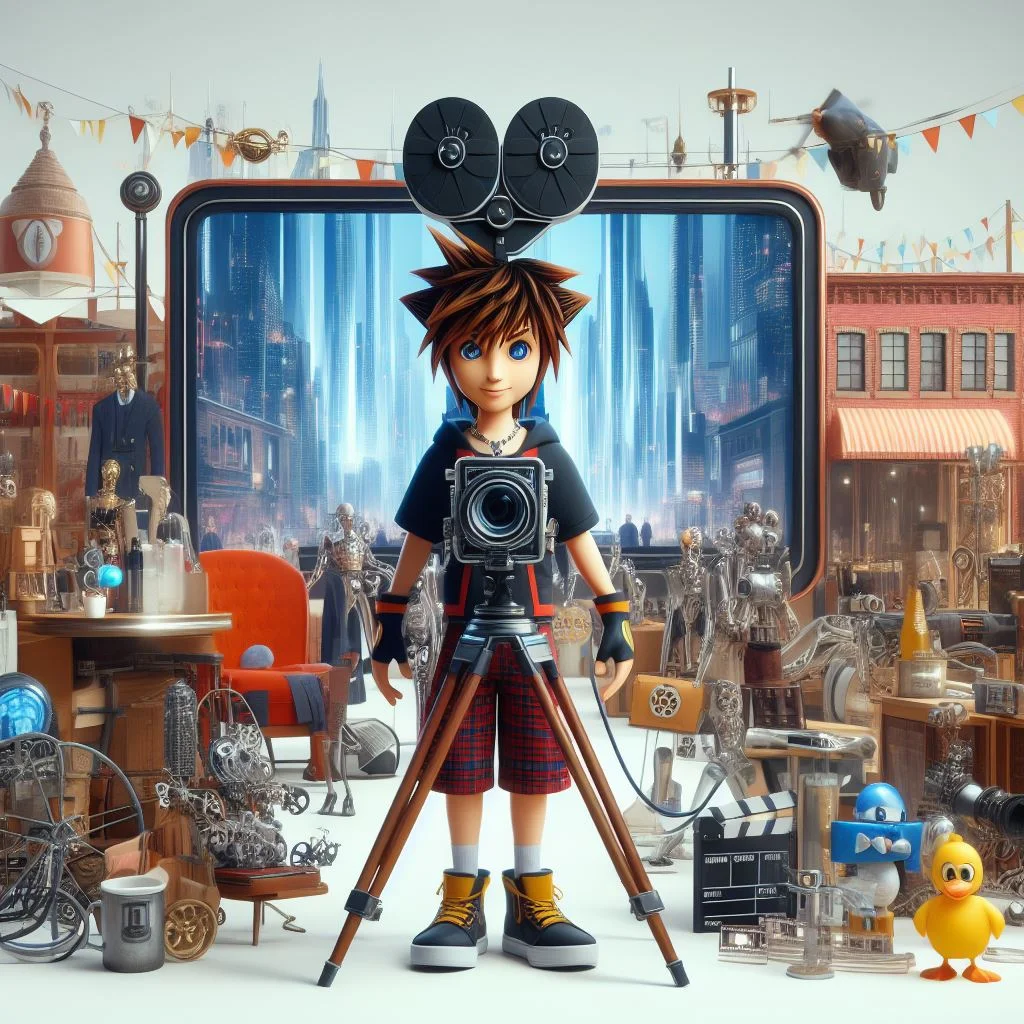Imagine a world where creating lifelike videos is as easy as writing a sentence. This isn’t science fiction – it’s the potential future powered by Sora, a groundbreaking AI tool from OpenAI. Sora promises to democratize video creation, blurring the lines between reality and simulation, and impacting various aspects of our lives. Let’s dive into the potential impact of Sora AI.

The Power of Text-to-Video
Sora is a game-changer. Unlike traditional video editing software, Sora allows users to create videos from scratch using text descriptions. Simply provide a detailed description of the scene you envision, and Sora’s AI will generate a realistic video for you.
This opens doors for a new era of content creation:
- Democratizing Video Production: No longer will creating professional-looking videos require expensive equipment or editing expertise. Sora empowers anyone with a creative vision to bring their ideas to life.
- Boosting Creativity and Efficiency: Storytellers, filmmakers, and even everyday people can experiment with concepts and rapidly iterate on ideas. Imagine generating storyboards or creating mockups in a fraction of the time.
- Revolutionizing Education and Training: Imagine learning complex topics through immersive, interactive videos tailored to your specific needs. Sora could transform the way we learn and train in various fields.
Beyond the Hype: Challenges and Considerations
While exciting, Sora’s impact comes with potential challenges:
- The “Deepfake” Dilemma: The ability to create realistic videos raises concerns about misinformation and manipulation. Robust safeguards and ethical considerations will be crucial as the technology evolves.
- The Artist’s Touch: Will Sora replace human creativity? While it’s a powerful tool, Sora is unlikely to replace the artistic vision and storytelling expertise of human creators. It can, however, be a valuable collaborator.
- Job Displacement: Some video editing jobs might be affected as AI simplifies the process. However, new opportunities might arise in managing and directing AI-generated content.
- Accessibility and Bias: Ensuring equitable access to Sora and mitigating potential biases in the AI will be critical. The technology shouldn’t disadvantage certain groups or perpetuate stereotypes.
The Future of Video Storytelling
Sora AI represents a significant leap forward in video creation. As the technology matures, we can expect even more sophisticated applications:
- Personalized Experiences: Imagine virtual reality experiences tailored to your preferences, or educational content that adapts to your learning style.
- Real-time Video Generation: Imagine live events or news broadcasts enhanced with AI-generated elements, adding new layers of storytelling and immersion.
- The Rise of the “Synthetic Actor”: Sora could pave the way for the creation of convincing digital actors, opening doors for new forms of entertainment and storytelling.
The world of video is on the cusp of a revolution. Sora AI, still under development, offers a glimpse into a future where creating videos is as intuitive as writing, fostering a world where anyone can bring their imagination to life on screen. With careful development and responsible use, Sora has the potential to democratize video creation and usher in a new era of visual storytelling, blurring the lines between creator and consumer and redefining how we interact with video content.

